
How to Engage Your Customers in Sustainability
Do consumers care about sustainability when it comes to your business? In today’s environment, people expect companies to do more than provide great products and services.
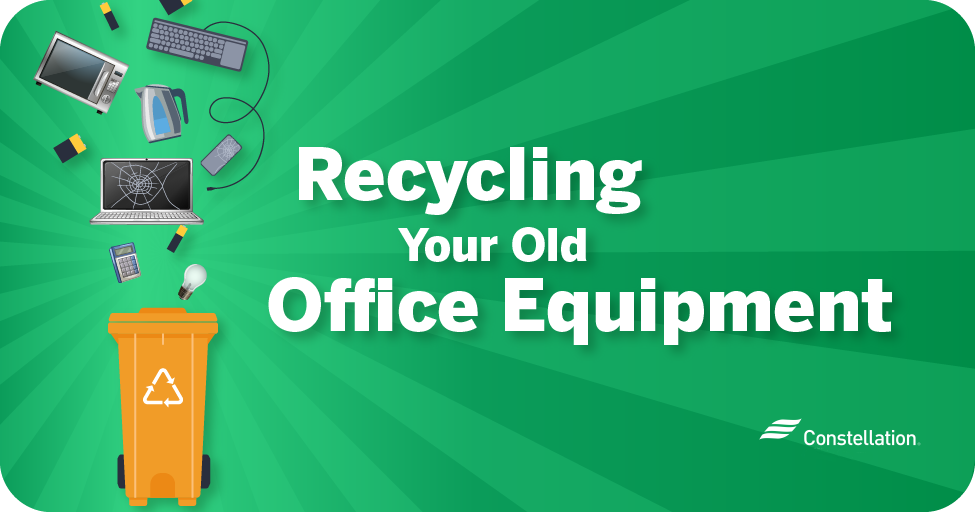
Recycling Your Old Office Equipment
Recycling old office equipment is a growing trend for good reason. Throwing electronics in the trash can negatively impact the environment and may even be illegal in some communities.
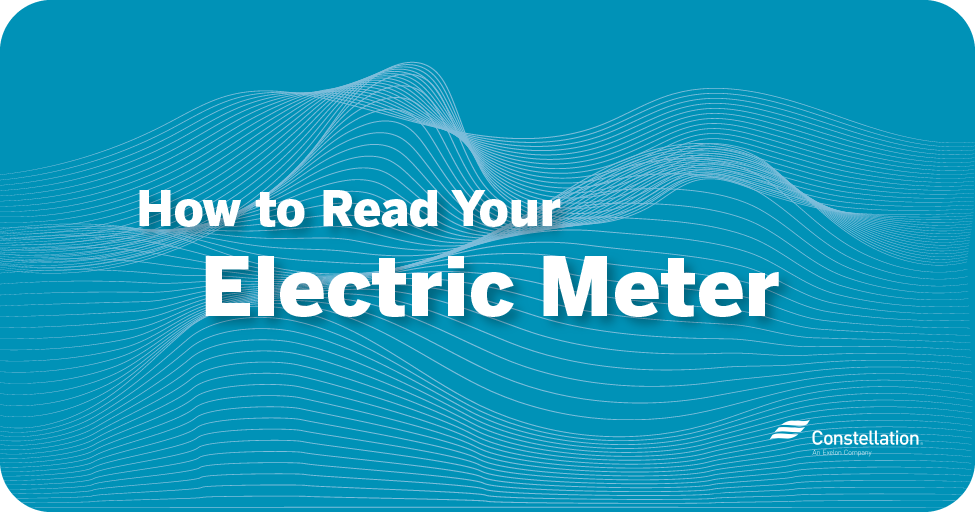
How to Read Your Electric Meter
Learning how to read an electric meter lets you directly monitor your energy usage. In addition to eliminating surprises in your electric bill, you can take greater control of your rate of usage to help reduce waste and increase efficiency.

How to Reduce Your Small Business’s Peak Demand Charges
When you get your electric bill for your small business, you’ll see two big charges: one for demand and one for consumption. When you understand what each of these are, you can make small changes in how you’re using electricity in your business that can bring down your overall bill.

How to Keep Your Business Cool in the Summer
High summer energy costs affect your bottom line. And high temperatures in your business can reduce productivity.

How to Lower Humidity and Moisture in Your Home
It’s important to know how to lower humidity in your home. Too much moisture in the air is more than just uncomfortable — it can cause health problems and lead to costly water damage.
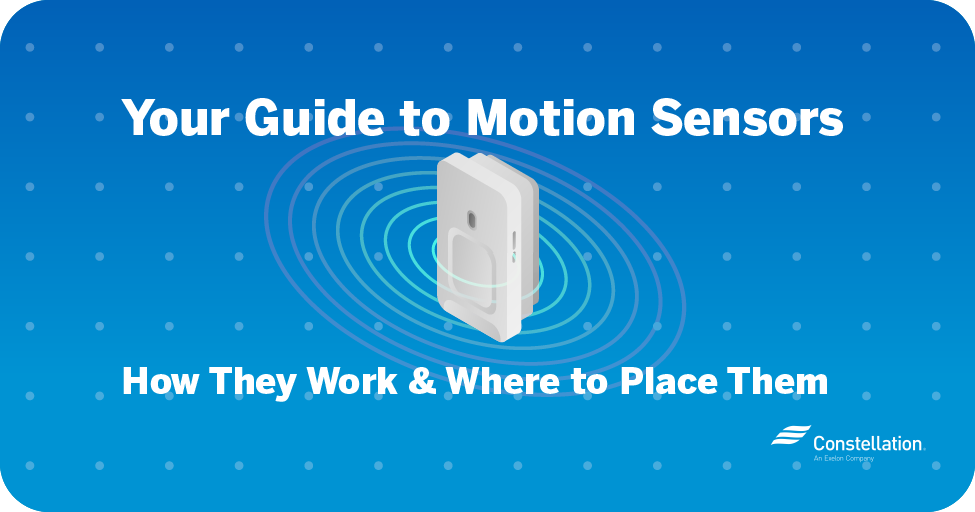
Your Guide to Motion Sensors: How They Work & Where to Place Them
When it comes to home technology, smart motion sensors are some of the more efficient and versatile devices you can buy. But in order to get the full security and convenience that motion sensors offer, there’s a few best practices you’ll want to follow.
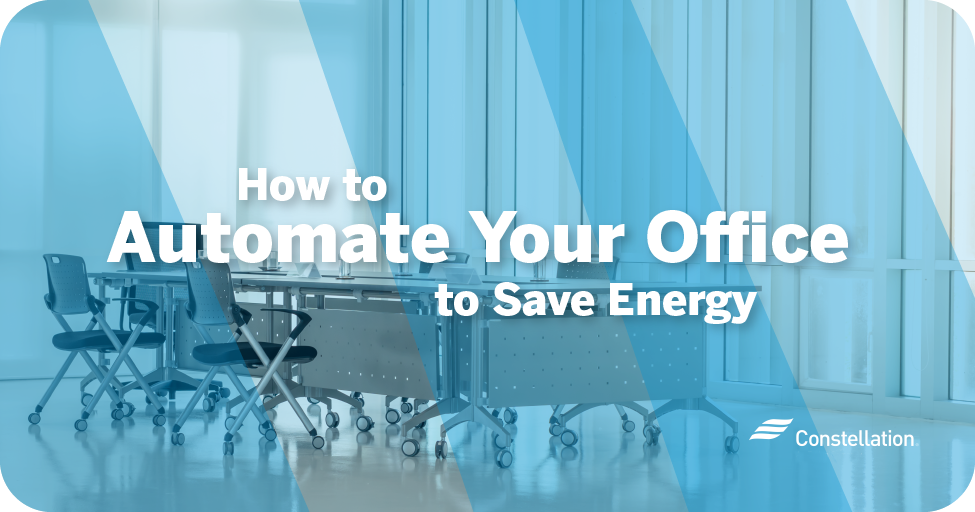
How to Automate Your Office to Save Energy
It can be expensive to keep your small business up and running. From equipment maintenance and repairs to lighting the premises, the costs associated with operating a workplace can quickly add up.
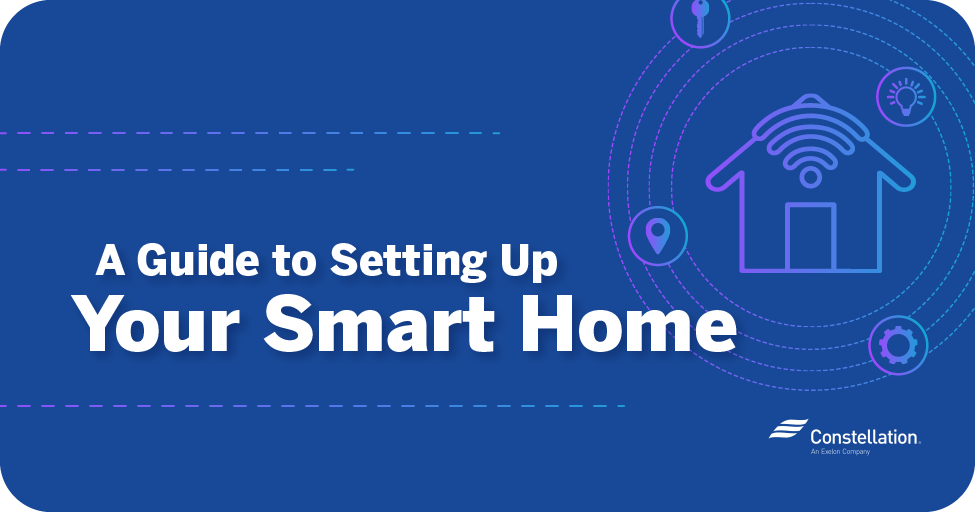
A Guide to Setting Up Your Smart Home
Cutting-edge smart tech appeals to many homeowners. But figuring out how to set up a smart home can feel overwhelming in the beginning.

How to Secure and Protect Your Smart Home
Home security strategies take on an added dimension when you install smart home technology. On the one hand, smart devices can greatly increase the physical security of your home.
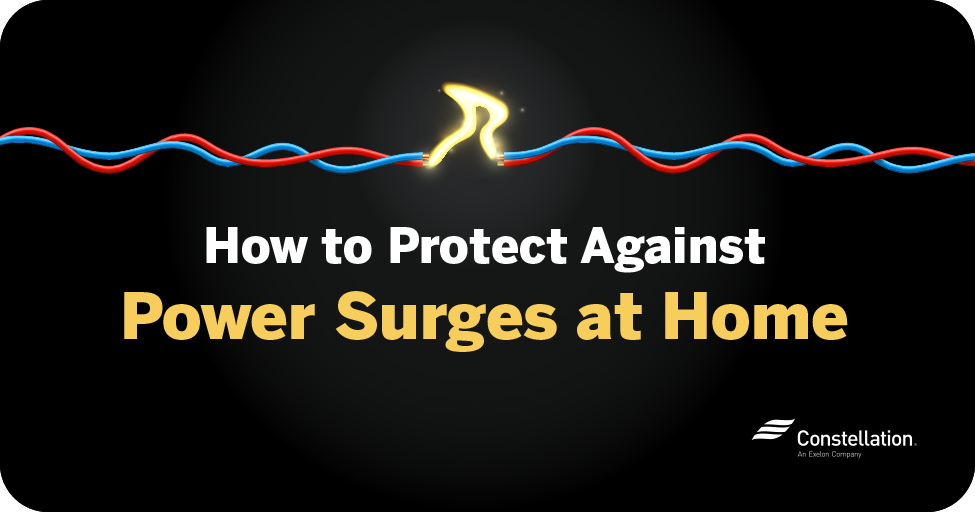
How to Protect Against Power Surges at Home
Power surges at home can cause expensive damage to devices, electronics and appliances plugged into any outlet. You might notice a severe surge that causes major destruction, but you may not even be aware of many small surges that last a microsecond or less.

